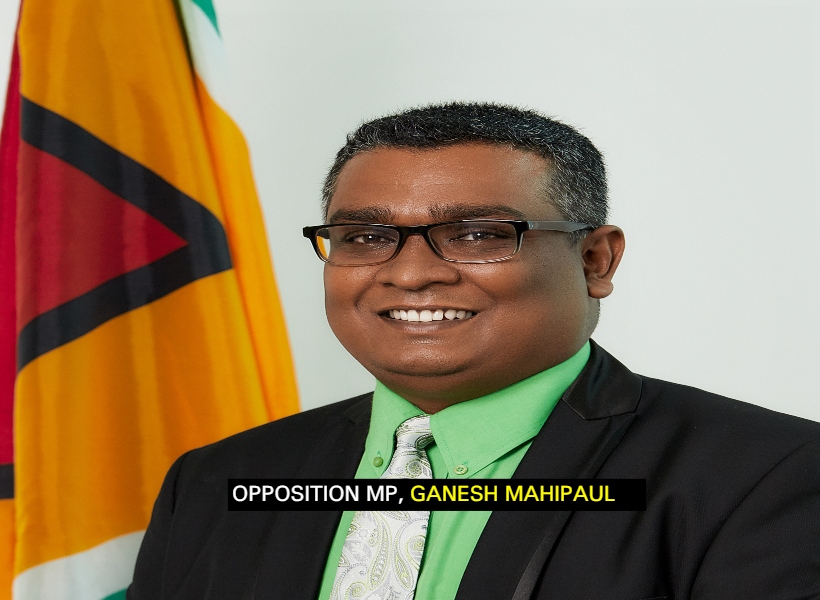The National Assembly passed the Petroleum Activities Bill of 2023 on Thursday morning, marking a significant legislative development for petroleum activities in Guyana. However, members of the political opposition seized the opportunity to voice their reservations about the bill’s provisions concerning transparency and oversight.
During the debate preceding the passage of the bill, Opposition Members of Parliament, led by Leader Aubrey Norton, brought attention to what they perceived as shortcomings in ensuring proper governance and accountability within the industry.
Prominent debaters from the opposition, including Shadow Oil and Gas Minister David Patterson, along with his colleagues, Ganesh Mahipaul, and Khemraj Ramjattan, emphasized their objections to the bill’s concentration of power in the hands of Minister of Natural Resources Vickram Bharrat, without establishing provisions for an independent Petroleum Commission.
Despite the bill’s aim to modernize outdated legislation governing petroleum activities, MP Patterson outlined several issues he believed were embedded within the proposed bill. He stated, “Sadly, this proposed Bill falls well short of expectation, it fails to shed light or lend any weight to the challenges that the country now faces or will be facing in the future.”
Patterson emphasized that the bill’s allocation of power and decision-making authority solely to Minister Bharrat, without oversight from other agencies or even the National Assembly, could potentially lead to a lack of accountability and transparency, likening it to a “pimper’s paradise.”
In an attempt to address the concerns, Patterson had submitted proposed amendments to the bill, but these were not accepted, and the bill was approved as originally presented.
Furthermore, MP Mahipaul referred to the People’s Progressive Party Civic (PPP/C) 2020 manifesto, which promised transparency and accountability and the establishment of a framework for responsible resource management. He questioned the appropriateness of concentrating power in a single individual’s hands rather than creating a Petroleum Commission to manage the resources.
Highlighting the customary practice of vesting power related to natural resources in a commission rather than the government, MP Ramjattan emphasized the importance of insulating ministerial powers from political interference. He argued, “What the commission does is it makes an insulation or a depoliticization of ministerial powers granted onto a body that knows about forestry, that knows about geology.”
The Leader of the Opposition, Norton, stressed the significance of the legislation and urged all MPs to approach the issue without partisan bias. He highlighted the detrimental impact of successive governments changing decisions made by their predecessors and stressed the need for agreements that span administrations.
Norton also underscored the potential benefits of a Commission, emphasizing that it would provide opportunities not achievable within the current structure. He reaffirmed that having a Commission, independent of political influence, does not negate the minister’s responsibility for the sector.













